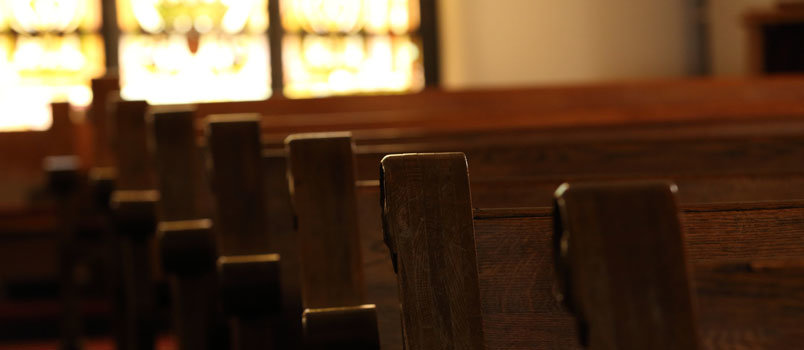 From a Millennial's perspective, the recent SBC meeting in St. Louis brought a lot of positives, says a Rockmart pastor. THINKSTOCKPHOTOS/Special
From a Millennial's perspective, the recent SBC meeting in St. Louis brought a lot of positives, says a Rockmart pastor. THINKSTOCKPHOTOS/SpecialThe recent Southern Baptist Convention could be a step toward reaching a generation, says a Rockmart pastor.
Justin Carter, 26 and pastor of Bellview Baptist Church, attended the annual meeting and recorded his observations in a blog post. While many Millennials such as himself, he admitted, tend to avoid denominational ties there were many examples in St. Louis that he said could change that perception.
"There is a yearning to see spiritual awakening in our nation and around the world," he stated. "Every aspect of the meeting of the SBC encouraged the fact that we are on a mission to see Jesus transform lives."
In addition, Carter cited spiritual unity and the availability of resources. Speaking of the latter, "as a pastor of a small church this one is very important to me. I am the only minister on staff at my church. I rely heavily on training from our local association, missionaries from our state convention for preaching and guidance, and resources from the national level to bring quality discipleship materials into our church."
The religious temperature among Millennials – those born between 1981 and 1996 – has become a point of study for researchers and concern for church leaders as older generations begin to make room for the next one. The low priority of religion among the next generation makes it imperative for churches to find ways to reach those not as open to the gospel without diluting the gospel itself.
Pew Research Center’s Religious Landscape study released last fall reflected a modest decline in church attendance and belief among younger respondents, while those already affiliated with religion are even more devout. It wasn’t the first report to indicate the trend, and almost certainly won’t be the last.
That said, attendance at the SBC annual meeting was the highest it had been in years at more than 7,000 messengers, with a significant increase in the number of younger pastors like Carter and families attending. Ten days before the meeting started Georgia had already eclipsed the number of messengers sent the year before.
“I grew up in an age when Christian denominations started to get a bad reputation for one reason or another,” Carter begins in his post. “Many people blamed (and still do) the burden of bureaucracy that exists on many different levels in denominational life. Many people despised the establishment mentality of the churches that were represented in a denomination.”
That distrust in organizations among Millennials was established in them by their Boomer parents, says Michael Hout, professor of Sociology at New York University, calling the perspective “widespread” and not just regarding religious institutions.
“It’s just easier to quantify religious change because we have such good data on it,” he explained in January. “But Millennials’ faith in nonreligious institutions also is weaker than they used to be. You see evidence of their lack of trust in the labor market, with government, in marriage, and in other aspects of life.”
Carter spoke to the “non-denominational mindset” among his generation and information gathered through a request he made to the Georgia Baptist Mission Board’s Church Research Services as well as his own observations.
“SBC churches [in the Rockmart area] have stayed about the same or fallen slightly as far as the percentage of people that affiliate with our denomination,” he said. “All the while, non-denominational churches have seen a great deal of growth in the past ten years or so in our community. I think this is simply a reflection of the fact that our churches need to change to better reach people with the Gospel.
“My purpose … isn’t to necessarily hark on churches that choose not to affiliate with a denomination. I fully believe in the autonomy of the local church. However, I do believe churches that receive money through church planting should involve themselves in denominational life and eventually contribute to the structure that helped propel their mission forward.”
In April the U.S. Census Bureau officially declared Millennials to be the largest living generation at 75.4 million, overtaking the Baby Boomers. Generation X (those age 35-50 in 2015) is projected to outnumber Boomers in 2028.
Not surprisingly, the number of Millennial pastors has struggled to keep the same pace among Southern Baptist pastorates. The 2014 SBC Compensation Study – a joint project of state Baptist Conventions, GuideStone Financial Resources, and LifeWay Christian Resources – reported 515 senior pastors (full-time and bivocational) 35 years old and under (12.6 percent) nationally among 4070 respondents.
In Georgia, 25 respondents 35 years old and under reported. The study is produced every two years and dependent on pastors’ submitting responses for accuracy. Findings for the 2016 study are still being tabulated.